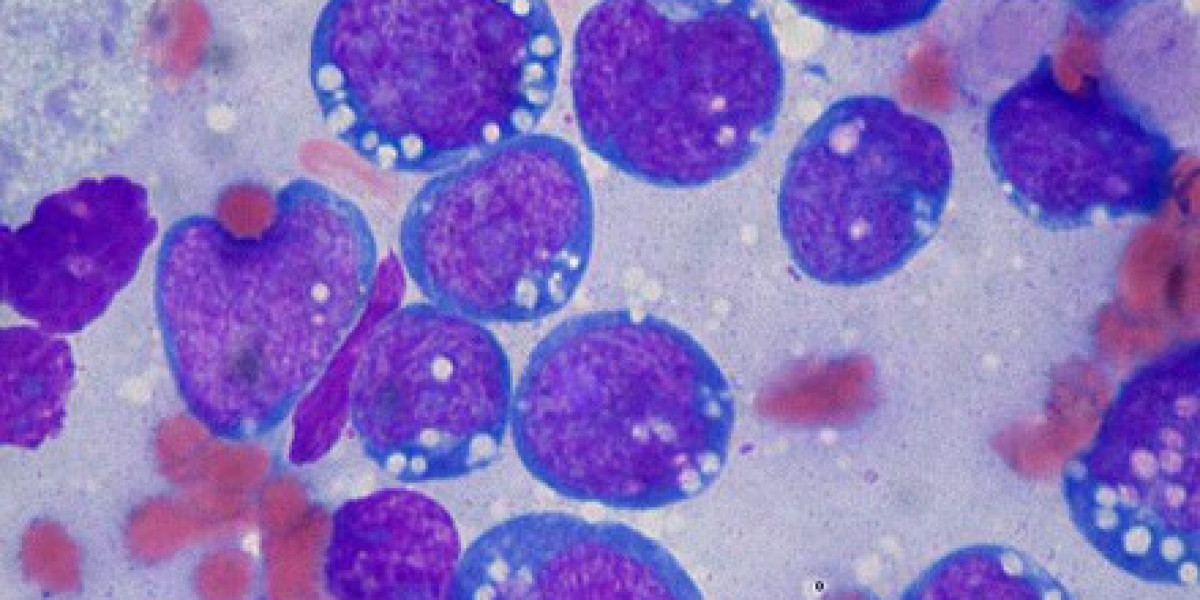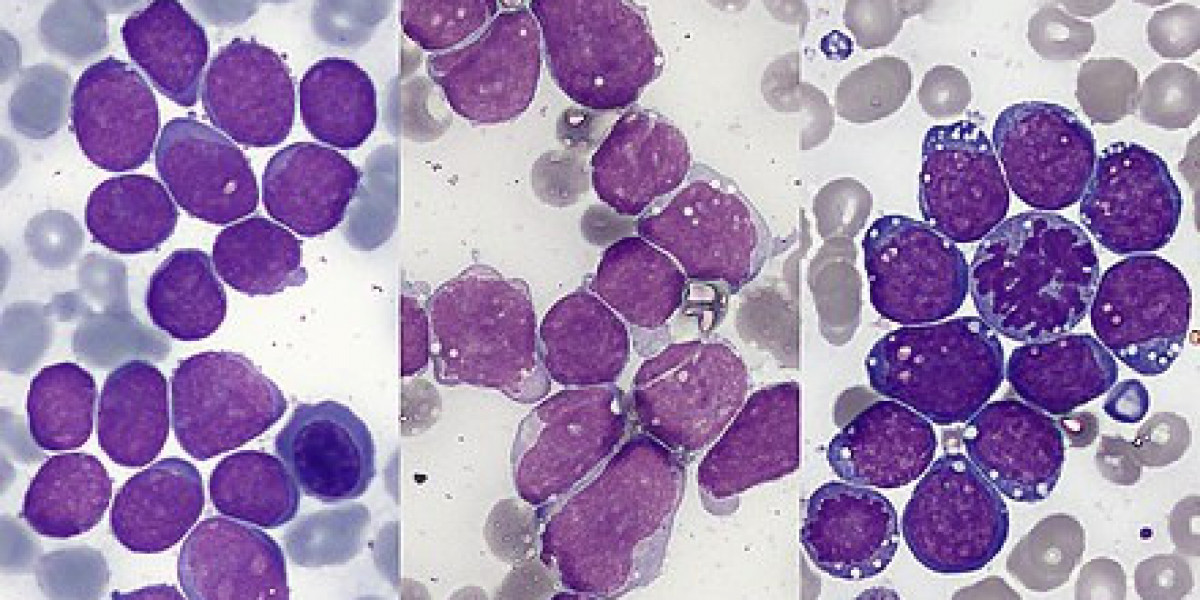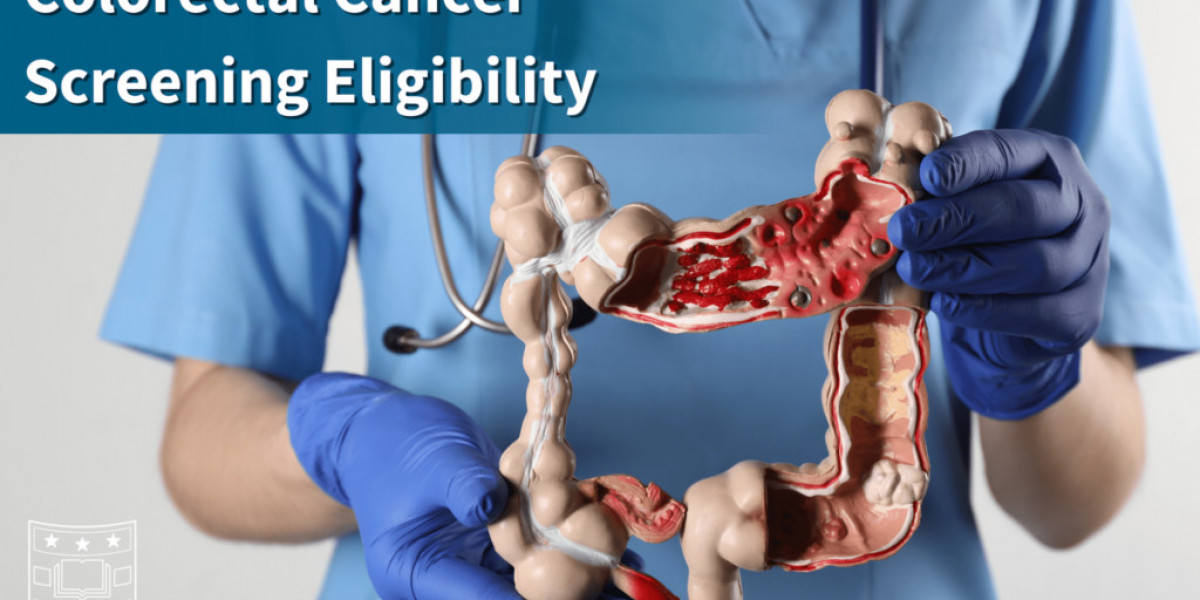Burkitt lymphoma is a highly aggressive form of non-Hodgkin's lymphoma, which is a type of cancer that originates in the lymphatic system. Here's a detailed overview:
Etiology:
- **Epstein-Barr Virus (EBV):** Burkitt lymphoma is strongly associated with EBV, particularly in endemic forms seen in Africa. However, not all cases are linked to EBV, especially in sporadic and immunodeficiency-associated types.
- **Genetic Factors:** The hallmark of Burkitt lymphoma is the translocation of the c-MYC gene on chromosome 8, typically with the immunoglobulin heavy chain gene on chromosome 14 [t(8;14)], or less commonly with other immunoglobulin gene loci.
Types:
1. **Endemic (African):** Commonly found in equatorial Africa, strongly linked with EBV, often presenting as jaw or facial bone tumors.
2. **Sporadic (Non-endemic):** Occurs worldwide, less association with EBV, and typically presents with abdominal masses.
3. **Immunodeficiency-associated:** Often seen in patients with HIV/AIDS or those with congenital or iatrogenic (e.g., post-transplant) immunodeficiency.
Clinical Presentation:
- **Rapid Growth:** One of the fastest growing human tumors with a very short doubling time.
- **Symptoms:** Depend on the site but can include swelling of the lymph nodes, abdominal pain or swelling, night sweats, unexplained fever, and weight loss. Endemic forms might show jaw involvement, while sporadic might present with an abdominal mass.
Diagnosis:
- **Biopsy:** Examination of affected tissue (usually a lymph node or mass) is crucial. The histopathology often shows a "starry sky" pattern due to numerous macrophages containing apoptotic tumor cells.
- **Staging:** Includes imaging studies like CT scans, PET scans, bone marrow biopsy, and sometimes lumbar puncture to check for central nervous system involvement.
Treatment:
- **Chemotherapy:** Intensive chemotherapy regimens are the cornerstone of treatment, often including drugs like cyclophosphamide, doxorubicin, vincristine, and methotrexate. Rituximab, a monoclonal antibody, is also used in CD20-positive cases.
- **CNS Prophylaxis:** Due to the high risk of central nervous system involvement, intrathecal chemotherapy is typically administered.
- **Supportive Care:** Management of tumor lysis syndrome, which can occur due to rapid tumor cell breakdown, is critical.
Prognosis:
- With modern intensive chemotherapy regimens, the prognosis has improved significantly, especially in children. However, outcomes can vary based on age, stage of disease, and response to initial therapy.
Research and Advances:
- Ongoing research focuses on targeted therapies, reducing toxicity of treatments, and understanding the molecular biology of the disease to find more specific treatments with fewer side effects.
Burkitt lymphoma requires prompt diagnosis and aggressive treatment due to its rapid progression. Collaborative care involving oncologists, pathologists, and other specialists is essential for optimal outcomes.



